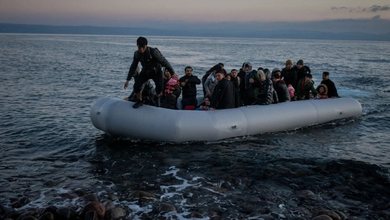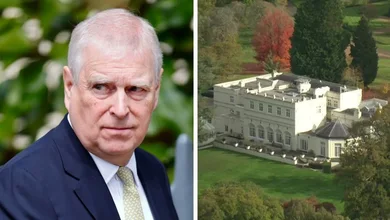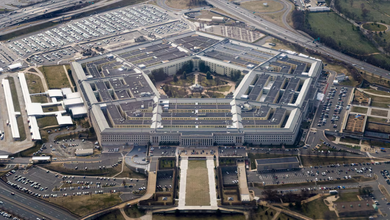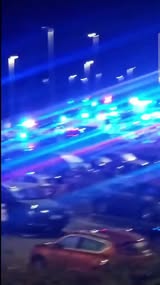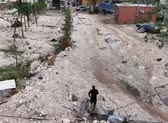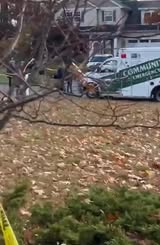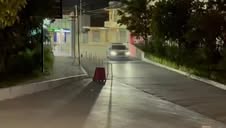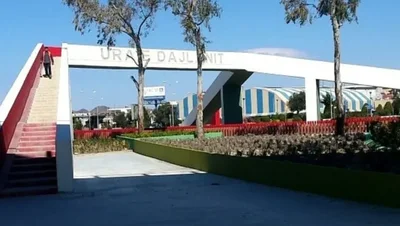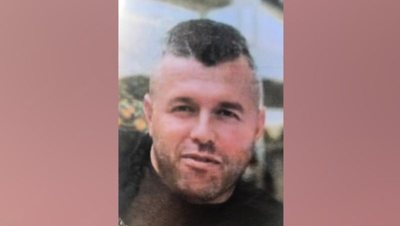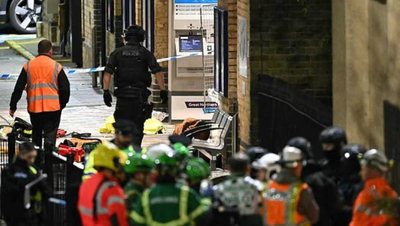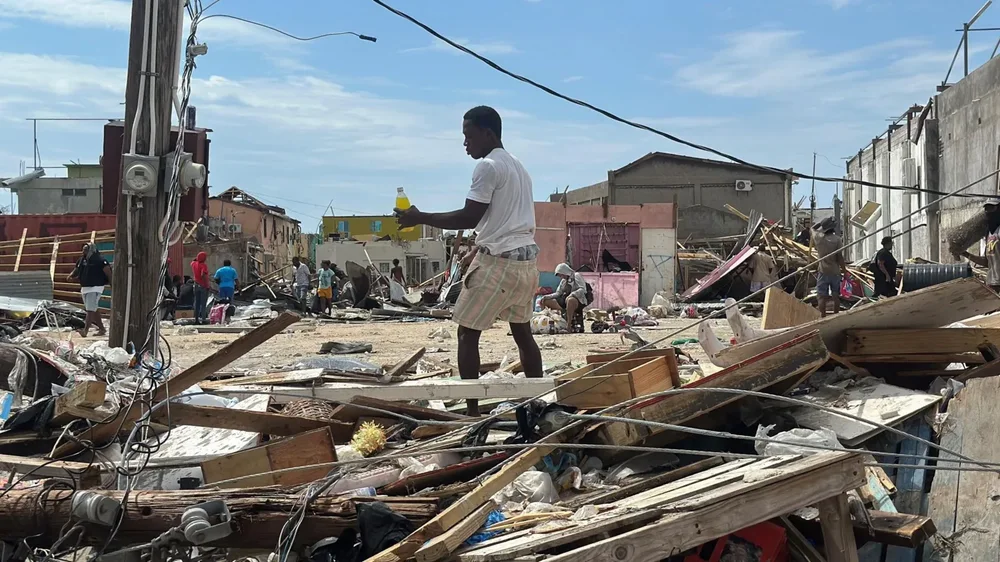
On the mud-covered streets of the port city of Black River, people wander in search of food amid the rubble. Some enter destroyed shops in the hope of finding drinking water or other vital supplies. As the death toll rises, residents of this area, which became “ground zero” of the devastation from Hurricane Melissa, are facing days of chaos, hunger and uncertainty.
According to reports from the ground, Melissa hit Jamaica as one of the most powerful Category 5 storms ever recorded in the Caribbean, leaving behind a devastated landscape: blocked roads, destroyed buildings, and thousands of people without shelter, electricity, or running water.
Anarchy and survival
Overturned boats lie along the sidewalks, while brick buildings have been ripped apart. Large sheets of metal are wrapped around tree branches, and cars have been reduced to piles of crushed iron. Residents interviewed by the BBC said they have not seen any aid vehicles in the area and are being forced to eat whatever they can find among the debris. Some have entered ruined supermarkets to get food and water, in a bid to survive.
“We have to use whatever we find on the streets or in the shops,” says Demar Walker, sitting in the shade to protect ourselves from the heat and high humidity. “We had to climb onto the roof of the market because it had collapsed, and we threw food to people outside.”
A pharmacy was also reported robbed in the city. “I saw people coming in and out with medicine and alcohol in their hands,” says Aldwayne Tomlinson. “At first I thought the pharmacy had some open space left, but then I realized they were looting.”
"Total chaos. No food, no water"
Standing on a pile of rubble, Chegun Braham describes the situation in two words: “Total chaos. We have no food, we have no water. We have no access to money. No help has come.”
A couple who own several shops in the area said some of them had been looted. They are now standing guard to protect the remaining property. Just a short distance away, Jimmy Esson leans on an overturned metal beam: “I lost everything. We need food. We have nothing to eat.”
Authorities reported at least 19 deaths in Jamaica, a significant increase from the previous day. At least 30 deaths were reported in Haiti, which was also hit by the storm.
Families separated and cities destroyed
Walker says he has been unable to contact his family: "I don't know if they're alive. The roads are blocked, the phone doesn't work, there's no water, there's no electricity." He is forced to sleep with anyone who will take him in, while his eight-year-old son is in Westmoreland, another coastal region that has also been badly damaged.
Black River Mayor Richard Solomon confirmed that the town is "completely devastated," with about 90% of housing destroyed and extensive damage to infrastructure - including the hospital, police station and fire station.
"Some people are trying to take what they can from the streets, while others are breaking into properties to secure supplies. It's a delicate balance between survival and public order," Solomon said.
Help still limited
According to Information Minister Dana Morris Dixon, “there are isolated communities and areas that look completely flattened.” Humanitarian supplies have begun to arrive at Kingston’s main airport, but regional airports are only partially operational, while many roads to the hardest-hit areas remain impassable. Volunteer medic Michael Tharkurdeen said he was inside the fire station when the storm hit: “The water was up to five feet. The sea was coming in. The waves were shoulder-deep. People were coming in with injuries, with broken arms and legs – children, old people, everyone.” He added that he found a man with no signs of life after the waters receded: “I couldn’t pronounce him dead, but there was nothing I could do but cover the body.”
The last hope – air support
On Friday afternoon, several military helicopters arrived in Black River, bringing hope for help. As the armed troops descended, the crowds that had occupied pharmacies and shops dispersed. A rare calm settled over the streets where there had previously been noise and despair.
“We want St. Elizabeth to rise again,” Shawn Morris said hopefully. “It’s not about money. We need food and water.”




